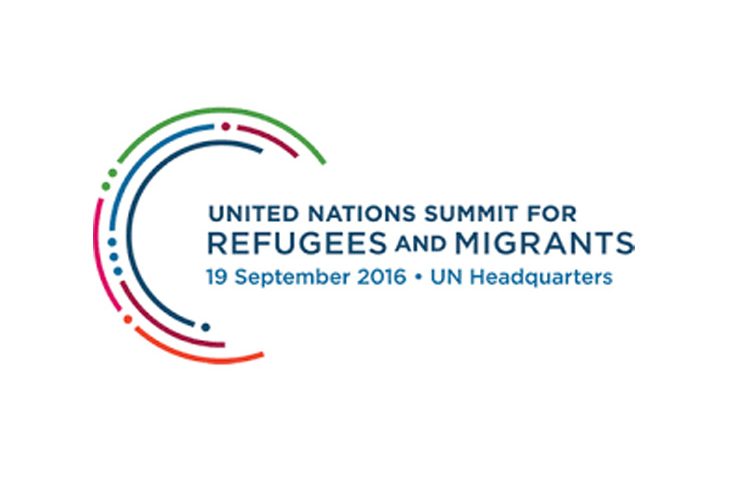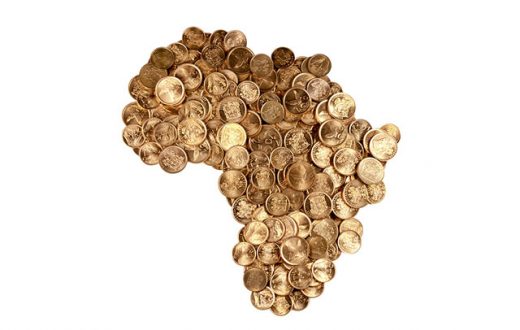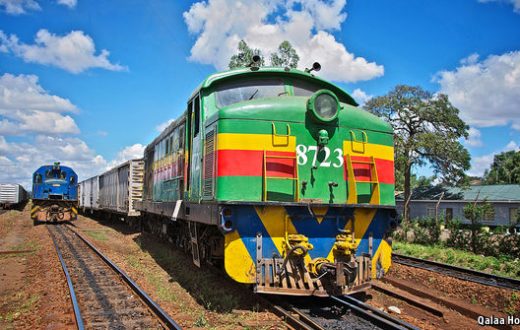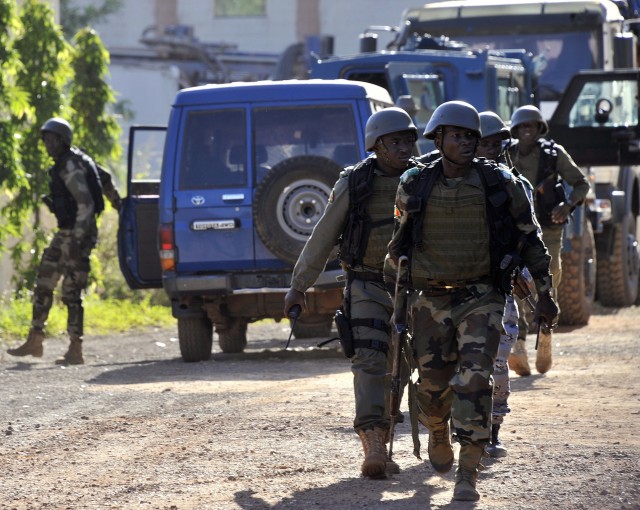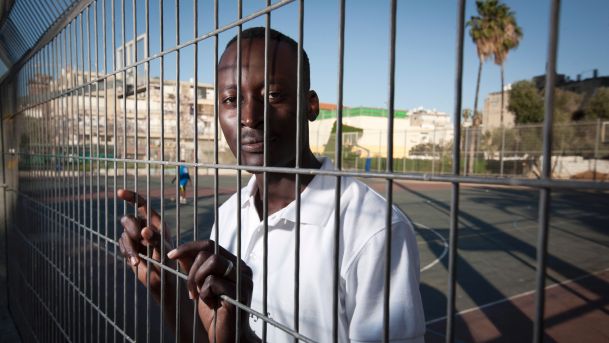Globally, both governmental and non-governmental agencies work tirelessly to assist refugees, but with more people being made refugees daily, there is need for more help and awareness aimed at ensuring that refugees are treated fairly and catered for, instead of being neglected or shunned, thereby innovating projects that will be responsible for the upkeep of the refugees.
As at the last count by the end of 2016, the United Nations High Commission for Refugees (UNHCR) suggests that the world is now witnessing the highest levels of displacement on record. This is as a result of an unprecedented 65.6 million people around the world that have been forced from home due to persecution, conflict, violence or human rights violations. This is in contrast with the 2015 year of 65.3 million respectively. Among them are nearly 22.5 million refugees; over half of whom are under the age of 18, 40.3 million internally displaced (IDP) and 2.8 million asylum seekers.
It is also estimated that there are 10 million stateless people who have been denied a nationality or access to basic rights such as education, healthcare, employment and freedom of movement; a critical phenomenon that falls short of the UN Sustainable Development Goals (SDGs), with the call to action that will end poverty, protect the planet and ensure that all people enjoy peace and prosperity. Thus, the UNHCR suggests that ‘the World’ response to large scale movements remains inadequate and underfunded; thereby leaving refugees with an uncertain future’.
With such intensity, the “New York Declaration for Refugees and Migrants”was adopted unanimously on September 26, 2016 in line with a new refugee regime, containing a wide range of commitments by member states, in order to strengthen and enhance mechanisms that will ensure adequate protection to people on the move, which eventually paved way for the adoption of two new global compacts for 2018. They include the global compact on refugees and a global compact for safe, orderly and regular migration.
Highlights of the New York Declaration include;
- Profound solidarity with those who are faced to flee.
- Reaffirmation on states obligation to fully respect the human rights of refugees and migrants;
- Agreement on the protection of refugees and supporting the countries that shelter them;
- Shared according to international responsibilities and must be borne more equitably and predictably;
- Pledging of a robust support to those countries affected by large movements of refugees and migrants
- Agreement upon the core elements of a Comprehensive Refugee Response Framework and;
- Agreement on working towards the adoption of a global compact on refugees and global compact for safe, orderly and regular migration.
For Africa and Nigeria in particular, the Comprehensive Refugee Framework(CRRF) will be of utmost importance, considering the regular and irregular migration waves that have characterised its citizens. More importantly, is the important CRRF components that will further strengthen the governments in Africa and Nigeria. Such components include;
- easing refugee pressures on host countries; thereby leading to the abuse of its citizens through human trafficking, abuse, slavery and torture.
- A framework aimed at enhancing third country solutions.
- Enhancing refugee self-reliance and;
- Supporting conditions in countries of origin for return in safety and dignity.
Interestingly, as the world awaits the agreement in September 2018 on the two new global compacts, it is expected that African governments; especially Nigeria will seize the outcome of the agreement of such framework to further strengthen policy makers, think tanks, diplomats and academics in formulating a formidable country response that will discourage the waves of migrations and refugee issues, thereby causing untold hardships to our citizens within and outside the country. Nigeria must find a way of curbing the menace; especially through effective border security, diplomatic mechanisms through multilateral agreements on effective management of refugees and creating a healthy atmosphere for refugees both within and outside the country. However, recent efforts by Nigeria in the wake of the Libyan slavery saga must be commended, but more needs to be done in line with the expected agreed UN framework later in September known as “the global compact”.
Caesar Jadu Payi is a Researcher in Diplomacy, African Governance and Global Security

